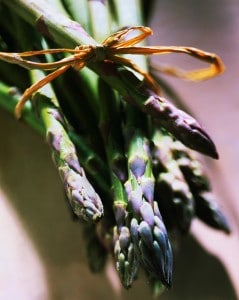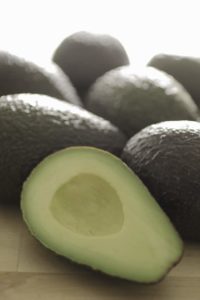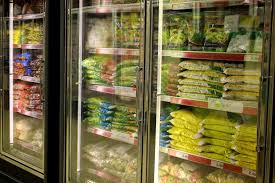 Q. Taught by my grandmother, I practice the time-honored tradition of eating spring greens: dandelions, burdock, stinging nettles, pigweed, lamb’s quarters, plantain, shepherd’s purse, garlic mustard, chickweed, cleavers, and so on. What does modern nutrition have to say about this? Are these greens truly “blood cleansing” or “liver cleansing?
Q. Taught by my grandmother, I practice the time-honored tradition of eating spring greens: dandelions, burdock, stinging nettles, pigweed, lamb’s quarters, plantain, shepherd’s purse, garlic mustard, chickweed, cleavers, and so on. What does modern nutrition have to say about this? Are these greens truly “blood cleansing” or “liver cleansing?
A. In traditional Chinese acupuncture, each season is associated with a different organ and spring is the season of the liver. Many other traditional and alternative healing systems teach that certain plants “cleanse” or “strengthen” the blood or other organs. You won’t find too much about that in Western nutrition science, though. Continue reading “Seasonal Vegetables: Spring Cleaning for the Body?”

 Q. I’m a 30-year-old man and I’m struggling to gain weight. I exercise 5-7 hours a week. My health is good. I really enjoy vegetables and other healthy foods, but it’s hard to get enough calories without adding soda and dessert to my meal of chicken salad, for example. I know sugar causes a host of bad health effects, but what alternatives are there? How can I get more calories without causing collateral damage?
Q. I’m a 30-year-old man and I’m struggling to gain weight. I exercise 5-7 hours a week. My health is good. I really enjoy vegetables and other healthy foods, but it’s hard to get enough calories without adding soda and dessert to my meal of chicken salad, for example. I know sugar causes a host of bad health effects, but what alternatives are there? How can I get more calories without causing collateral damage? People buy organic foods for lots of reasons: They are produced without chemical fertilizers and pesticides and (in the case of animal products) without hormones and antibiotics. But a 100% organic diet may not be possible. So people often ask me which foods are most important to buy organic. Here’s my short list, in order of priority:
People buy organic foods for lots of reasons: They are produced without chemical fertilizers and pesticides and (in the case of animal products) without hormones and antibiotics. But a 100% organic diet may not be possible. So people often ask me which foods are most important to buy organic. Here’s my short list, in order of priority: